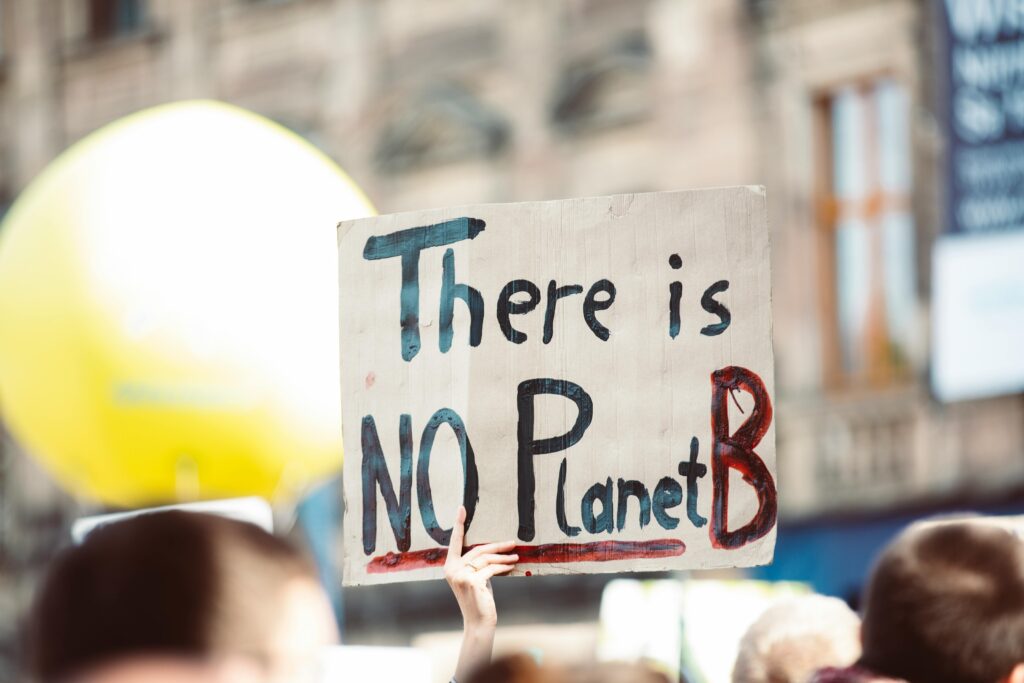Global warming isn’t a distant threat—it’s here, exacting a steep price on human health, quality of life, and the environment. From record-breaking heatwaves to rising allergies, mental health challenges, and dwindling clean water, the impacts are profound and accelerating. Below, we explore how this crisis is already affecting us—right now.
🔥 1. Heat-Related Illnesses and Deaths on the Rise
In recent times, extreme heat has become more frequent, intense, and deadly:
- Europe is currently experiencing unprecedented heat, with temperatures soaring above 40–46 °C (104–115 °F) across Southern Europe. Portugal hit 46.6 °C, and France and Spain saw catastrophic heat levels prompting wildfires, energy shortages, and even fatalities in places like Bologna and Crete ft.com+1apnews.com+1.
- The U.S. also shattered 282 temperature records during an early-summer heatwave, impacting nearly 130 million people. Heat domes and Arctic jet stream shifts are intensifying these events.
- In Asia, Bangladesh and Southeast Asia experienced scorching highs—up to 43.8 °C in Bangladesh and 41.1 °C in Bangkok—triggering heatstroke incidents and school closures.
- South Asia shattered records: New Delhi topped 52.9 °C in May 2024, causing almost 400 deaths and around 40,000 hospitalizations
The World Health Organization estimates that climate change will cause approximately 250,000 additional deaths annually by 2030–2050 from heat stress, disease, and food scarcity.
🤧 2. Allergies and Respiratory Illnesses Intensify
Warmer temperatures and higher CO₂ levels are amplifying allergens and respiratory risks:
- Extended pollen seasons and higher pollen counts have fueled dramatic increases in hay fever, asthma, and allergic reactions. For instance, ragweed pollen seasons in North America start earlier and last longer, contributing to respiratory discomfort year-round.
- Wildfire smoke and air pollutants, such as PM2.5 and ozone, worsen respiratory health and raise hospital admissions for conditions like asthma and COPD. A spike in respiratory emergencies in children was observed during wildfire events.
🧠 3. Mental Health Impacts: Heat, Anxiety & Trauma
The psychological toll of global warming is steadily mounting:
- Heat can trigger psychiatric emergencies—increases in hospital admissions due to mood, anxiety, and psychotic disorders correlate closely with rising temperatures. Suicide risk also escalates during heatwaves.
- Climate anxiety and eco-grief emerge from extreme weather, forced migration, and ecological destruction. Floods, droughts, and wildfire exposure have been linked to higher rates of PTSD, depression, and substance misuse .
- A study on the Great Salt Lake’s shrinking water levels found elevated PM2.5 pollution was associated with increased depressive symptoms in local residents.
💧 4. Scarcity of Clean Water: A Looming Crisis
Scarcity of clean water is disrupting lives and livelihoods:
- Droughts and melting snowpacks reduce freshwater supply, increasing the risk of waterborne illnesses and contributing to food insecurity .
- South Asia’s severe heatwaves led to reservoirs running dry, school shutdowns, and shortages that forced emergency measures like Bangladesh closing schools during heat spikes .
- India’s historic heatwave in 2016 (51 °C in Phalodi) affected 330 million people—resulting in mass water rationing and over 1,100 deaths.
🌡️ 5. Record-Breaking Temperatures Worldwide
Recent temperature records reveal alarming trends:
| Region | Record Temp | Notable Notes |
|---|---|---|
| Europe | 46.6 °C (Portugal) | June 2025 setting unprecedented records time.com+15ft.com+15indiatimes.com+15 |
| India (Phalodi) | 51.0 °C | In 2016, leading to 1,100+ deaths |
| New Delhi | 52.9 °C | May 2024, ~400 deaths and 40k hospital admissions |
| England | 33.6 °C | Record highest for the typically mild climate |
These extremes aren’t isolated—they reflect a growing pattern. According to UN analysis, heat-related mortality may triple by century’s end, with hundreds of thousands of annual deaths possible.
🏥 The Human and Social Price
- Healthcare systems fray under surges in heat-related illnesses, respiratory emergencies, and waterborne diseases.
- Productivity plummets: rising heat leads to lost work hours—512 billion in lost labor recently—impacting the global economy.
- Vulnerable communities suffer disproportionately, with low-income countries, the elderly, children, and chronically ill individuals hardest hit due to poor infrastructure and limited resources .
🔚 Final Thoughts
Global warming is more than an environmental issue—it’s a multi-dimensional health crisis. From rising temperatures to polluted air, mental health strain, and water scarcity, the impacts are real, pervasive, and worsening. Immediate action—through resilience planning, healthcare system strengthening, and emissions reduction—is crucial. Without urgent intervention, these tolls will only deepen, undermining public health and social stability worldwide.
Facts courtesy:
- theguardian.com
- reddit.com
- en.wikipedia.org
- reddit.com
- arxiv.org
- pmc.ncbi.nlm.nih.gov



